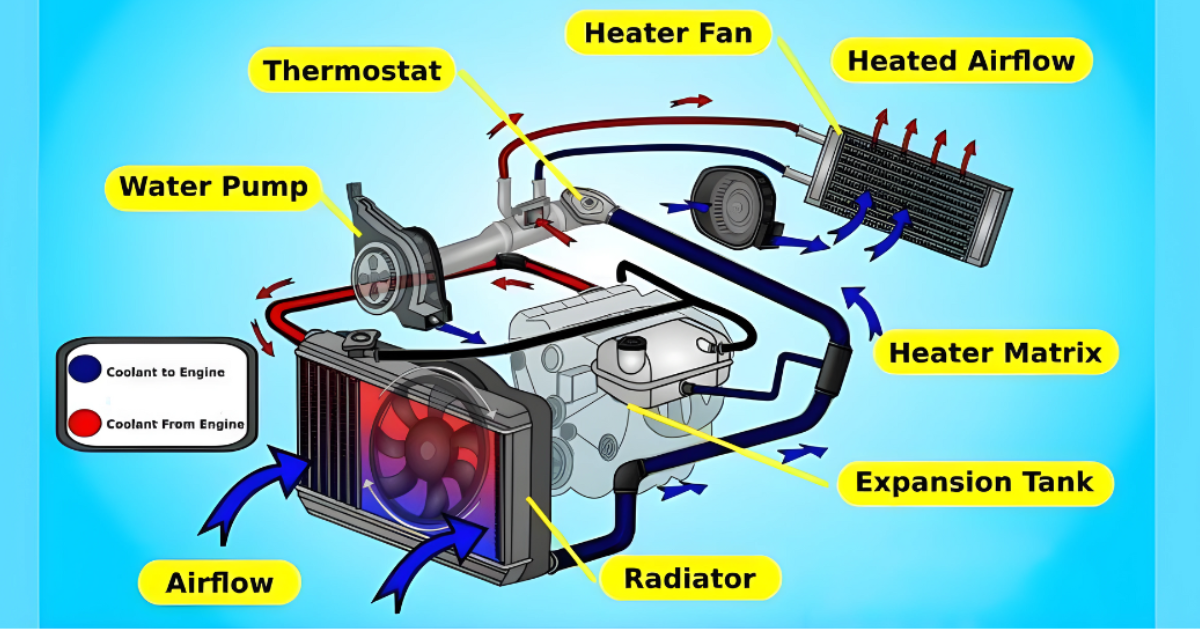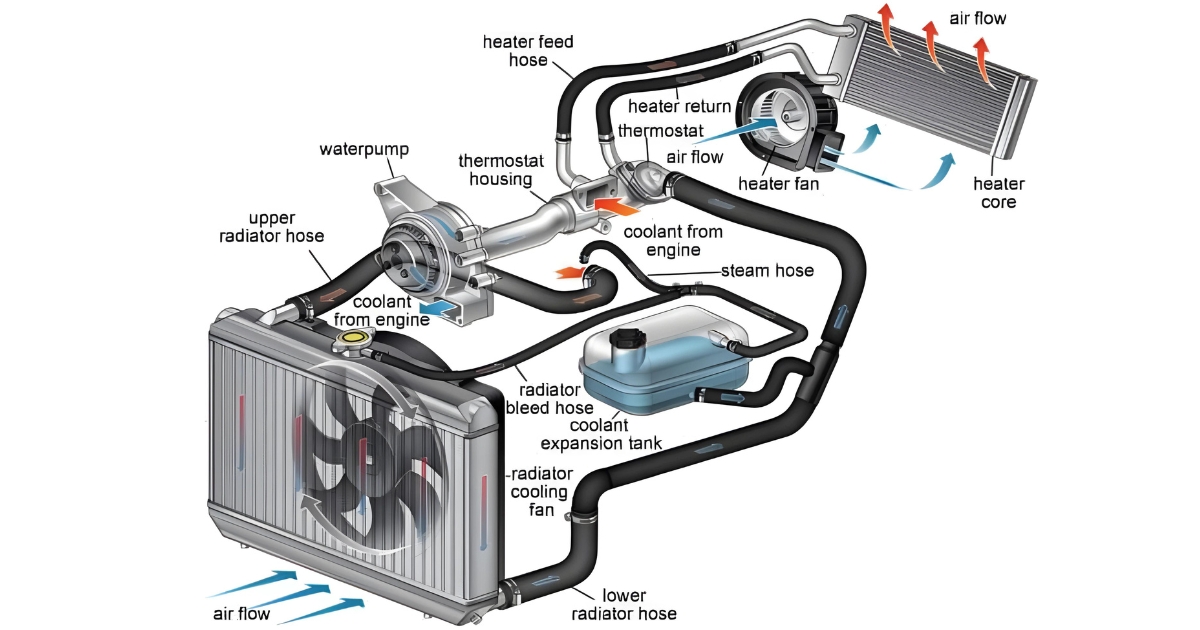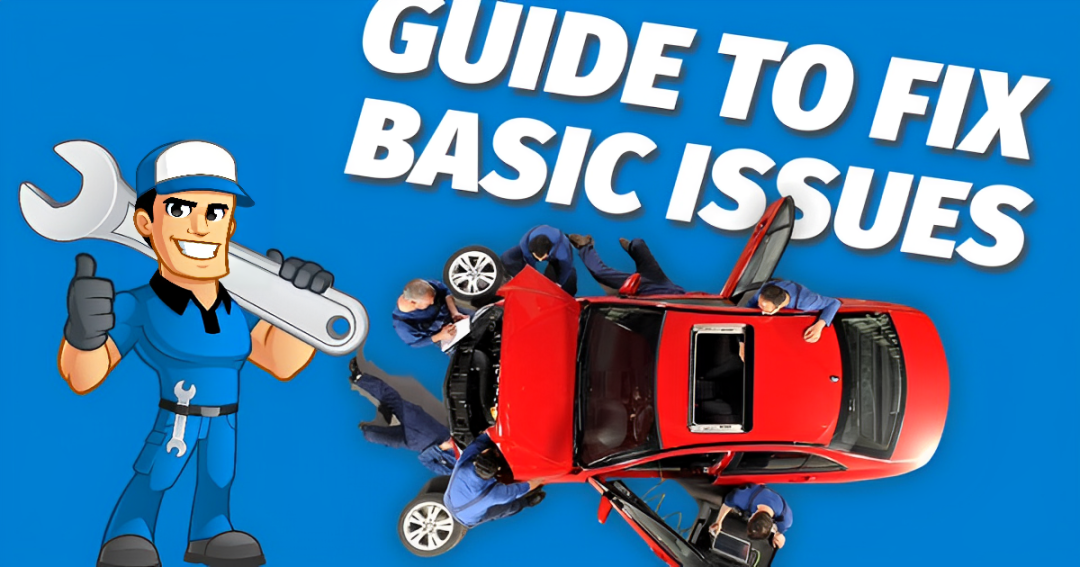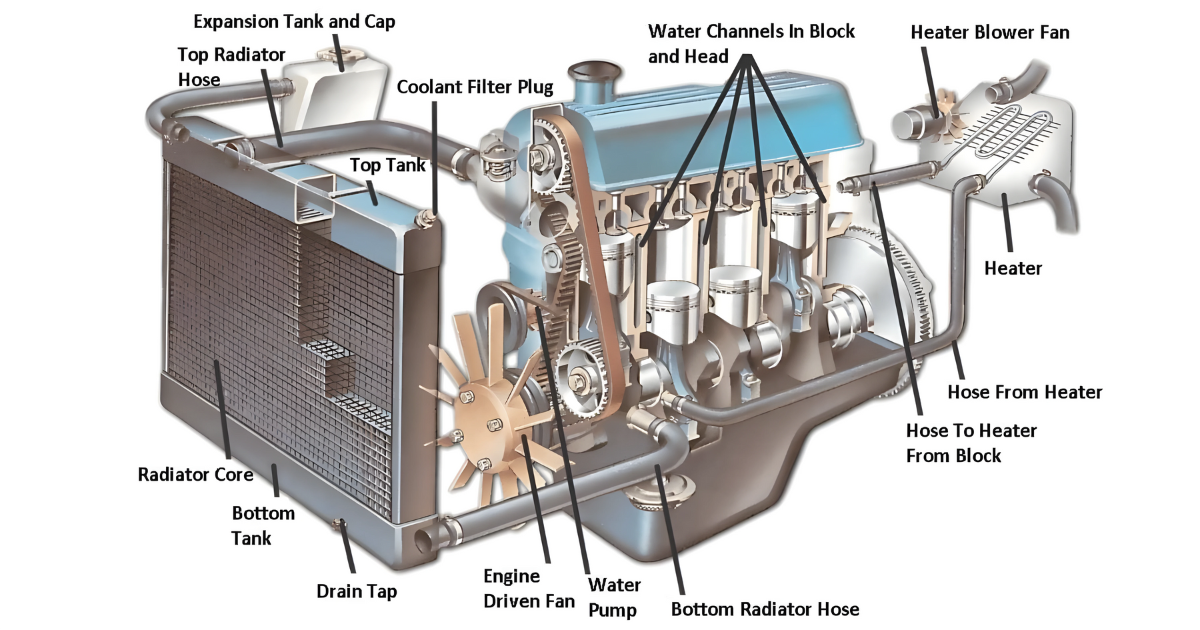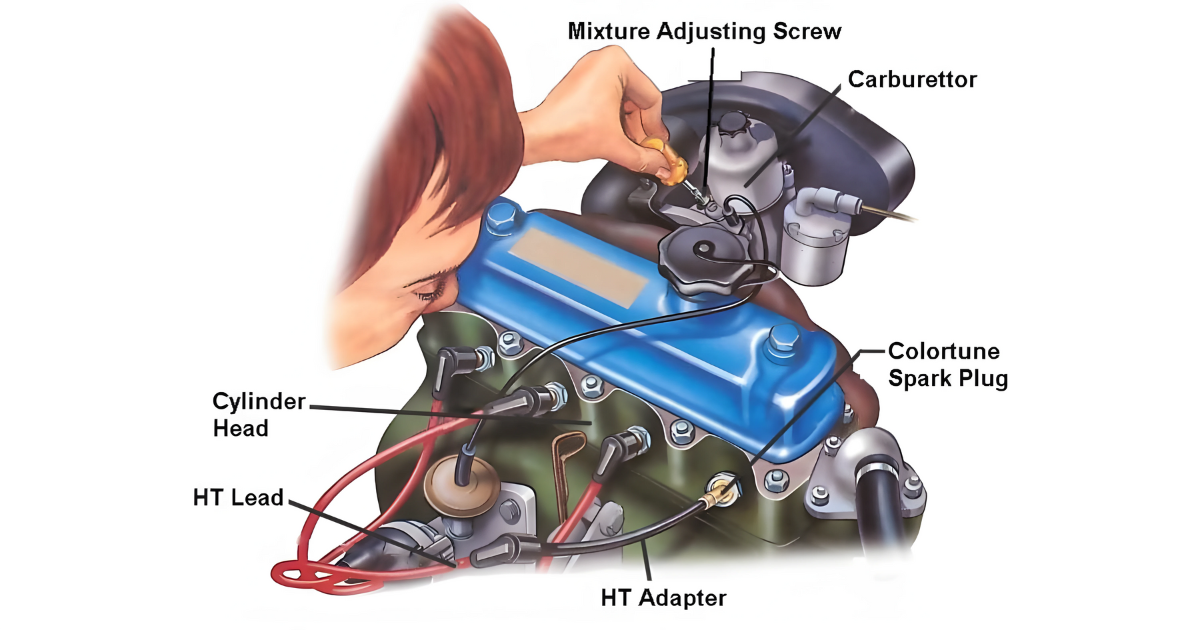Your car’s cooling system plays a vital role in preventing the engine from overheating, ensuring a smooth and efficient ride. However, like any other component, the cooling system is susceptible to issues that can compromise its functionality.
Let’s look into some common car cooling system problems and provide essential maintenance tips to keep your engine cool and your travels worry-free.
Low Coolant Levels
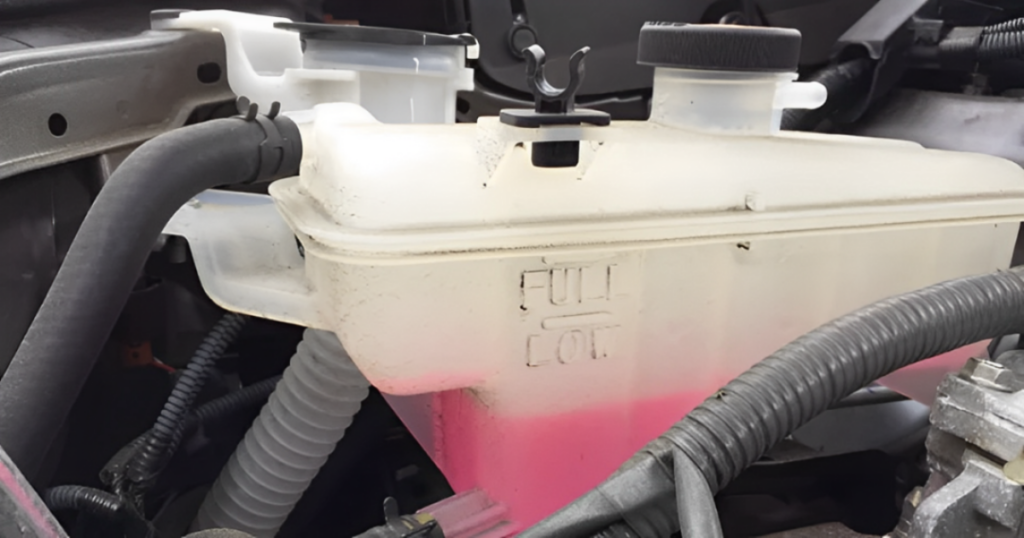
One of the most prevalent cooling system issues is low coolant levels. Coolant, also known as antifreeze, is crucial for regulating engine temperature and preventing it from overheating.
Maintenance Tip
Regularly check the coolant levels in the radiator and reservoir. Top up the coolant if it’s low, and ensure you’re using the right coolant mixture as specified in your car’s manual. Inspect for leaks that may be causing the loss of coolant.
Leaking Radiator
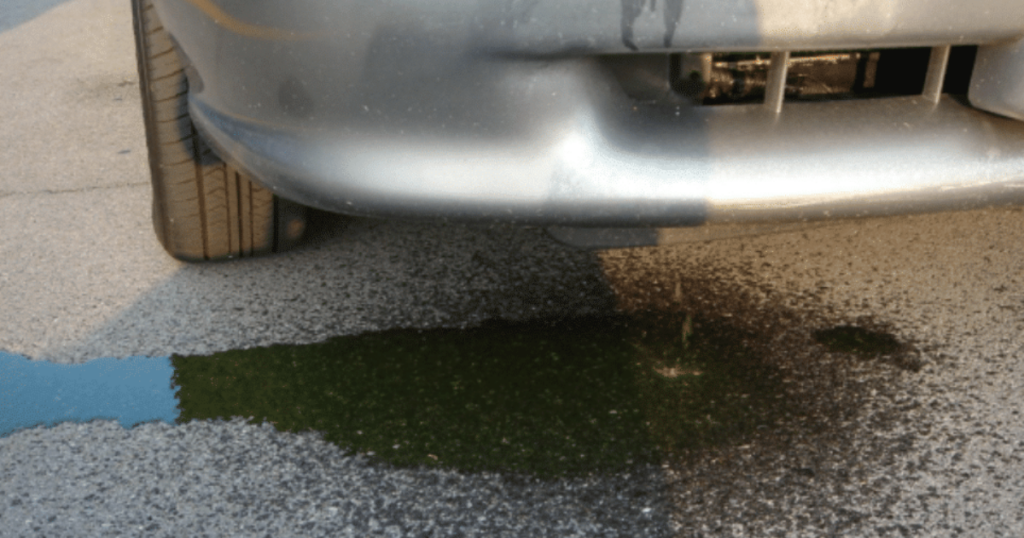
A leaking radiator can lead to coolant loss, reducing the system’s efficiency and increasing the risk of engine overheating.
Maintenance Tip
Inspect the radiator for visible leaks or signs of corrosion. If you notice coolant puddles beneath your car, address the issue promptly. Radiator leaks may require repairs or, in severe cases, replacement.
Faulty Thermostat
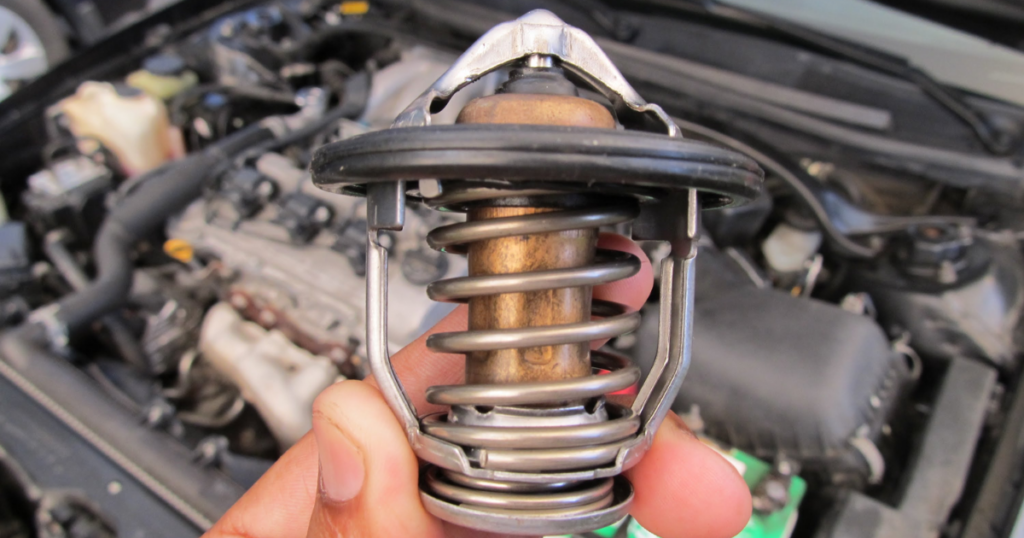
The thermostat regulates the flow of coolant through the engine. A malfunctioning thermostat can cause erratic temperature fluctuations, leading to overheating or insufficient warming of the engine.
Maintenance Tip
Test the thermostat for proper functionality. If it fails to open or close as needed, consider replacing it. Regularly flushing the cooling system can also prevent thermostat issues caused by coolant contamination.
Clogged Radiator
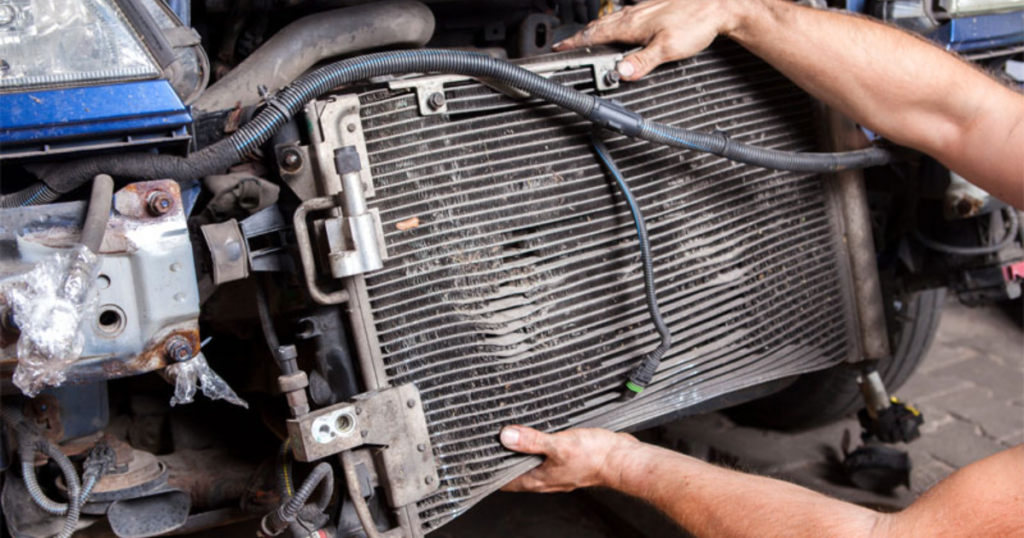
Over time, the radiator can accumulate debris, sediment, or rust, leading to clogs. A clogged radiator impedes the efficient flow of coolant, causing the engine to overheat.
Maintenance Tip
Periodically flush the radiator to remove sediment and contaminants. Consider using a radiator flush solution to clean out deposits. Regular maintenance prevents clogs and ensures optimal radiator performance.
Damaged Water Pump
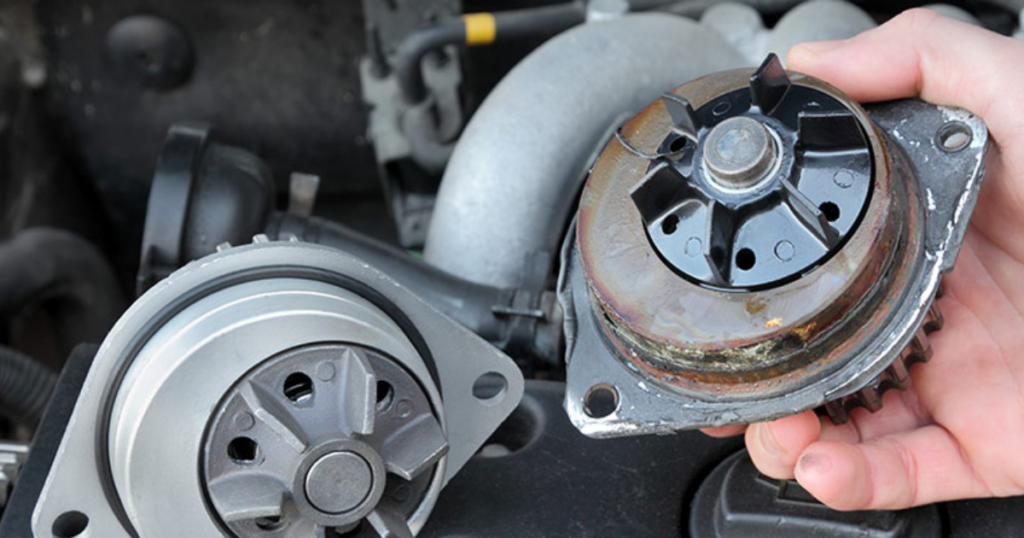
The water pump circulates coolant throughout the engine. A damaged water pump can result in inadequate coolant flow, leading to overheating.
Maintenance Tip
Inspect the water pump for leaks, unusual noises, or play in the pulley. If you detect any issues, replace the water pump promptly. Routine inspection during coolant changes can help identify potential problems early.
Worn or Leaking Hoses

Cooling system hoses transport coolant between the radiator, engine, and other components. Over time, hoses can wear out, crack, or develop leaks.
Maintenance Tip
Regularly inspect hoses for signs of wear, cracks, or leaks. Replace any damaged hoses to prevent coolant loss and ensure proper circulation. Consider replacing hoses every 4-5 years as part of preventative maintenance.
Worn Radiator Cap
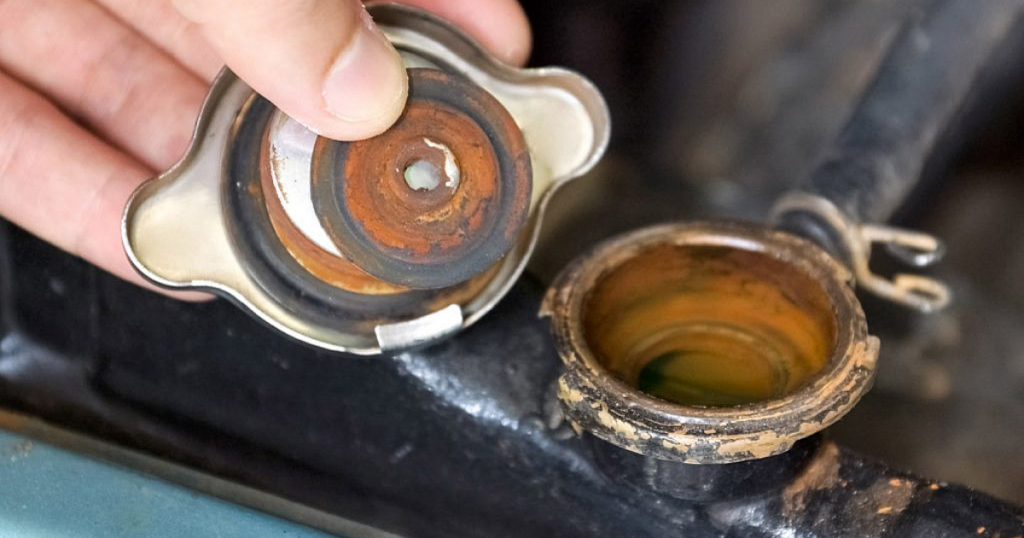
The radiator cap maintains system pressure and controls the release of coolant. A worn or faulty cap can lead to pressure loss, affecting the cooling system’s efficiency.
Maintenance Tip
Replace the radiator cap regularly, as per the manufacturer’s recommendations. A new cap helps maintain the proper pressure and prevents coolant boil-over.
Cooling Fan Malfunctions
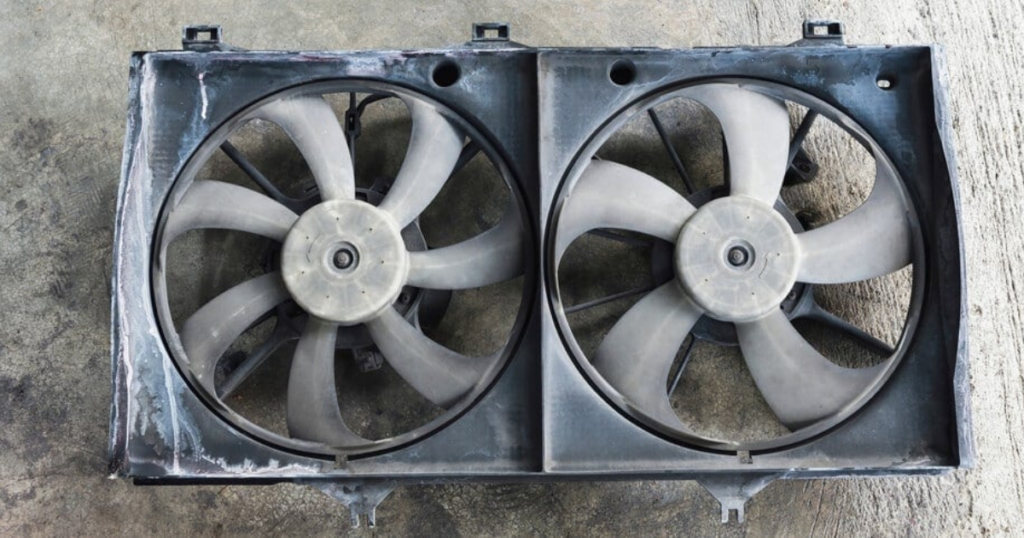
The cooling fan helps dissipate heat when the car is stationary or moving at low speeds. Malfunctions in the fan or its components can result in inadequate cooling.
Maintenance Tip
Test the cooling fan by running the engine and observing its operation. Check for damaged fan blades, faulty relays, or a malfunctioning fan motor. Address any issues promptly to prevent overheating in traffic or at idle.
Rust and Corrosion
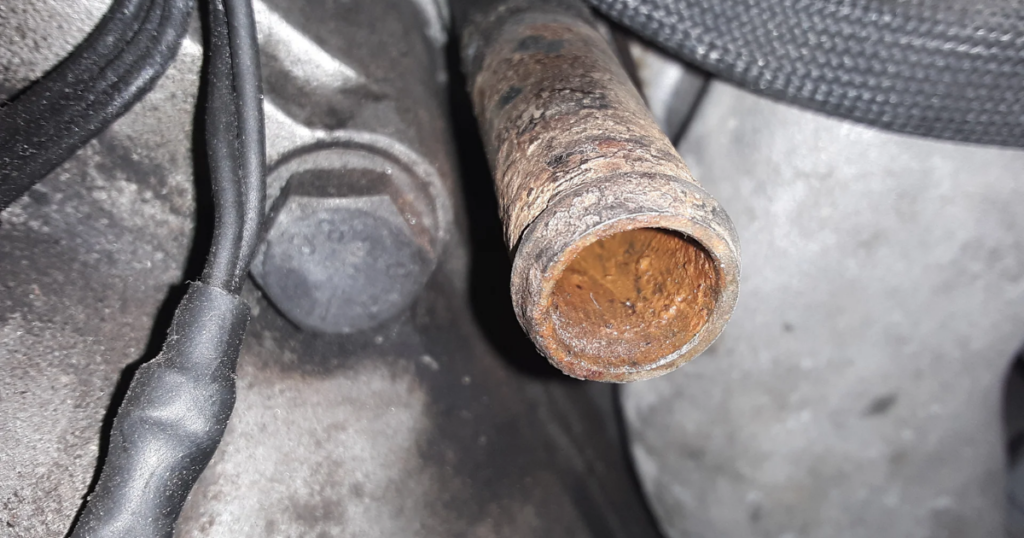
Rust and corrosion within the cooling system can hinder the flow of coolant and compromise the efficiency of various components.
Maintenance Tip
Use coolant with anti-corrosion additives and adhere to recommended coolant change intervals. Regularly inspect the radiator and other components for signs of corrosion, addressing any issues promptly.
Conclusion
Maintaining a cool and well-functioning cooling system is essential for the overall health and longevity of your vehicle. By staying vigilant, performing routine checks, and addressing issues promptly, you can prevent common cooling system problems and ensure that your engine remains cool, collected, and ready for the miles ahead. Regular maintenance not only safeguards your car against overheating but also contributes to a more reliable and efficient driving experience.

